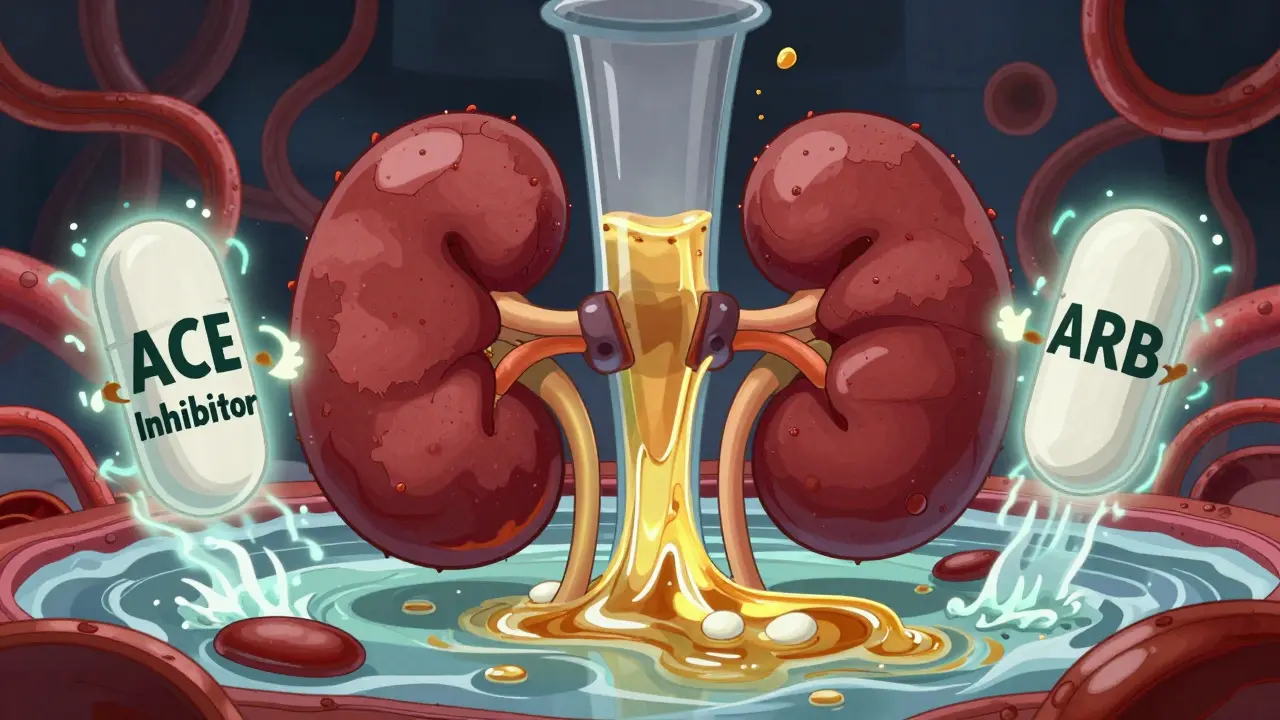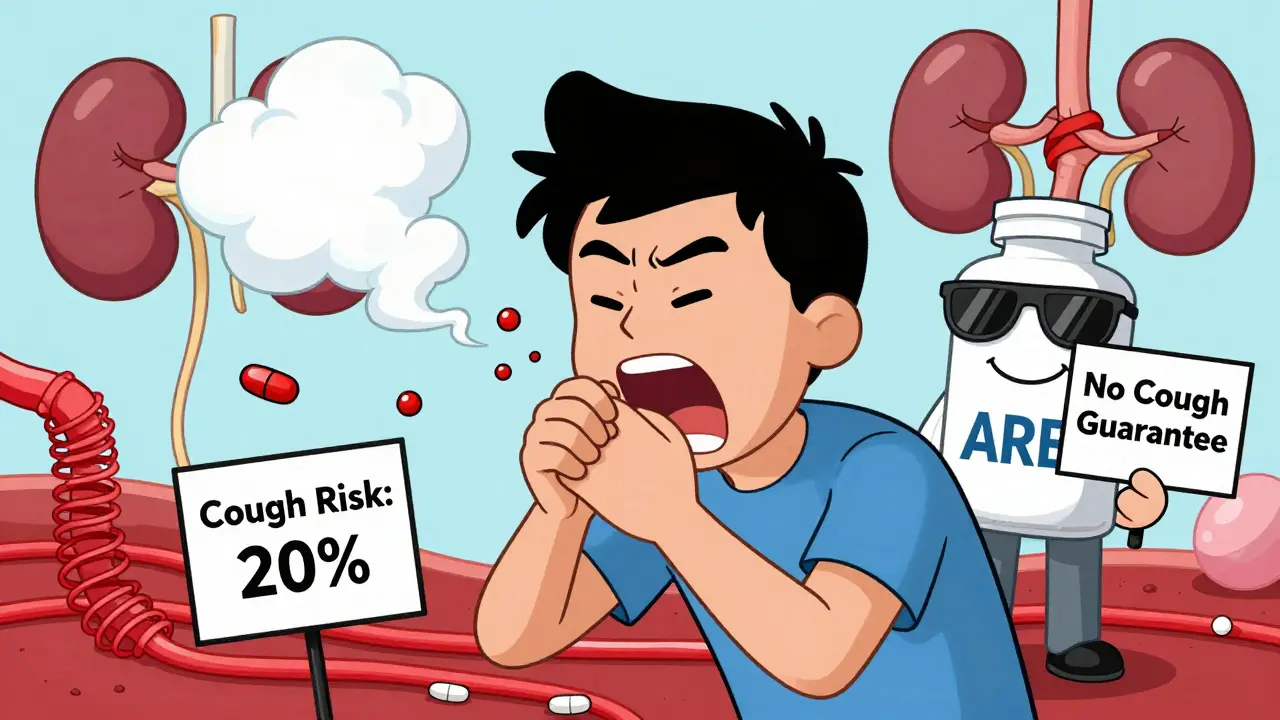ACE Inhibitors: Easy Guide to What They Do and How to Use Them
If you’ve been told to start an ACE inhibitor, you might wonder what that even means. In plain terms, ACE inhibitors are medicines that help relax your blood vessels so your heart doesn’t have to work as hard. They’re a top choice for high blood pressure, heart failure, and protecting the kidneys after a heart attack.
Why doctors prescribe ACE inhibitors
Doctors reach for ACE inhibitors because they lower the hormone angiotensin‑II, which normally tightens blood vessels. Less angiotensin‑II means wider arteries, lower pressure, and less strain on the heart. That’s why these drugs are also useful after a heart attack, in chronic kidney disease, and for people with diabetes who need extra kidney protection.
Common ACE inhibitors and what to expect
The most talked‑about ACE inhibitors include lisinopril, enalapril, ramipril, and captopril. They all work the same way but differ in how long they last and how often you take them. For example, lisinopril is usually taken once a day, while captopril might need a few doses spread out. Your doctor will pick the one that fits your schedule and health needs.
When you start, you’ll likely begin with a low dose. This helps your body adjust and reduces the chance of feeling dizzy or light‑headed. Most people feel the benefit within a few weeks, but it can take up to three months for the full blood‑pressure‑lowering effect.
Side effects are usually mild, but there are a few to keep an eye on. The most common are a dry cough, higher potassium levels, and occasional dizziness. If you notice swelling in your face or lips, trouble breathing, or a sudden jump in your blood pressure, call your doctor right away—these could be signs of a rare but serious reaction called angioedema.
Because ACE inhibitors affect kidney function, doctors often check your blood work after the first month and then periodically. If you have kidney disease or take other medicines that raise potassium, your doctor may adjust the dose or pick a different drug.
To get the best results, combine the medication with lifestyle habits that support heart health. Cutting back on salty foods, staying active, maintaining a healthy weight, and limiting alcohol can boost the drug’s effect and may even let you use a lower dose.
If you miss a dose, take it as soon as you remember—unless it’s almost time for the next one. In that case, skip the missed dose and continue with your regular schedule. Do not double‑up; that can cause a sudden blood‑pressure drop.
Remember, ACE inhibitors are not a cure, but they are a reliable tool to keep your heart and kidneys working well. Talk openly with your doctor about any concerns, and don’t hesitate to ask about what to expect when you start or switch to a new ACE inhibitor.
Diabetic Nephropathy: How ACE Inhibitors, ARBs, and Protein Control Protect Kidneys
ACE inhibitors and ARBs are proven to slow kidney damage in diabetic nephropathy by reducing proteinuria. Used at maximum tolerated doses, they cut the risk of kidney failure. Avoid combining them with other RAAS blockers or NSAIDs. This is the standard of care in 2026.
Antihypertensives: Beta-Blockers, ACE Inhibitors, and ARBs - What You Need to Know
Learn how beta-blockers, ACE inhibitors, and ARBs work for high blood pressure, their real-world side effects, and which one is right for your health profile. No fluff-just clear, practical info.
Vasotec: A Deep Dive Into Enalapril Uses, Side Effects, and How It Works
Explore Vasotec (enalapril)—from how it controls blood pressure and heart failure, to real-life tips, side effects, and little-known facts.



